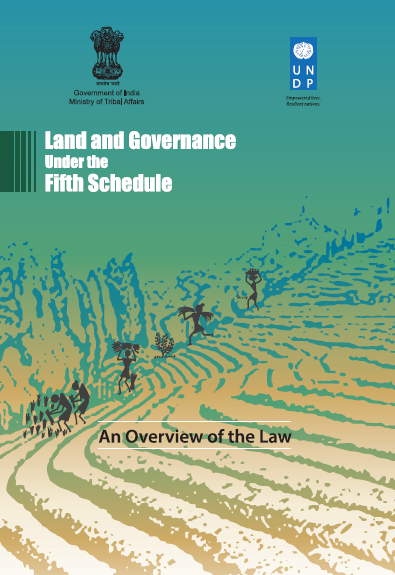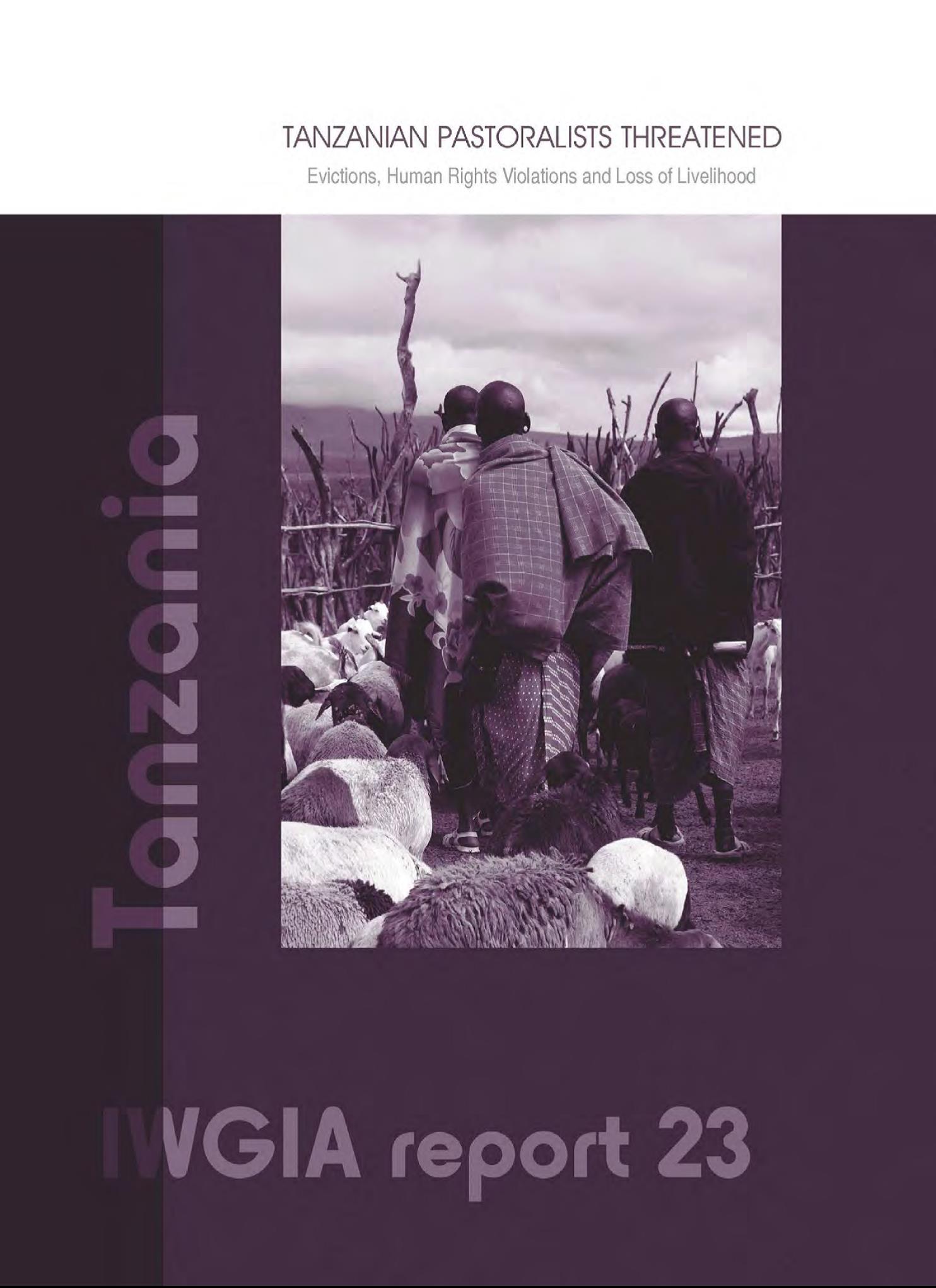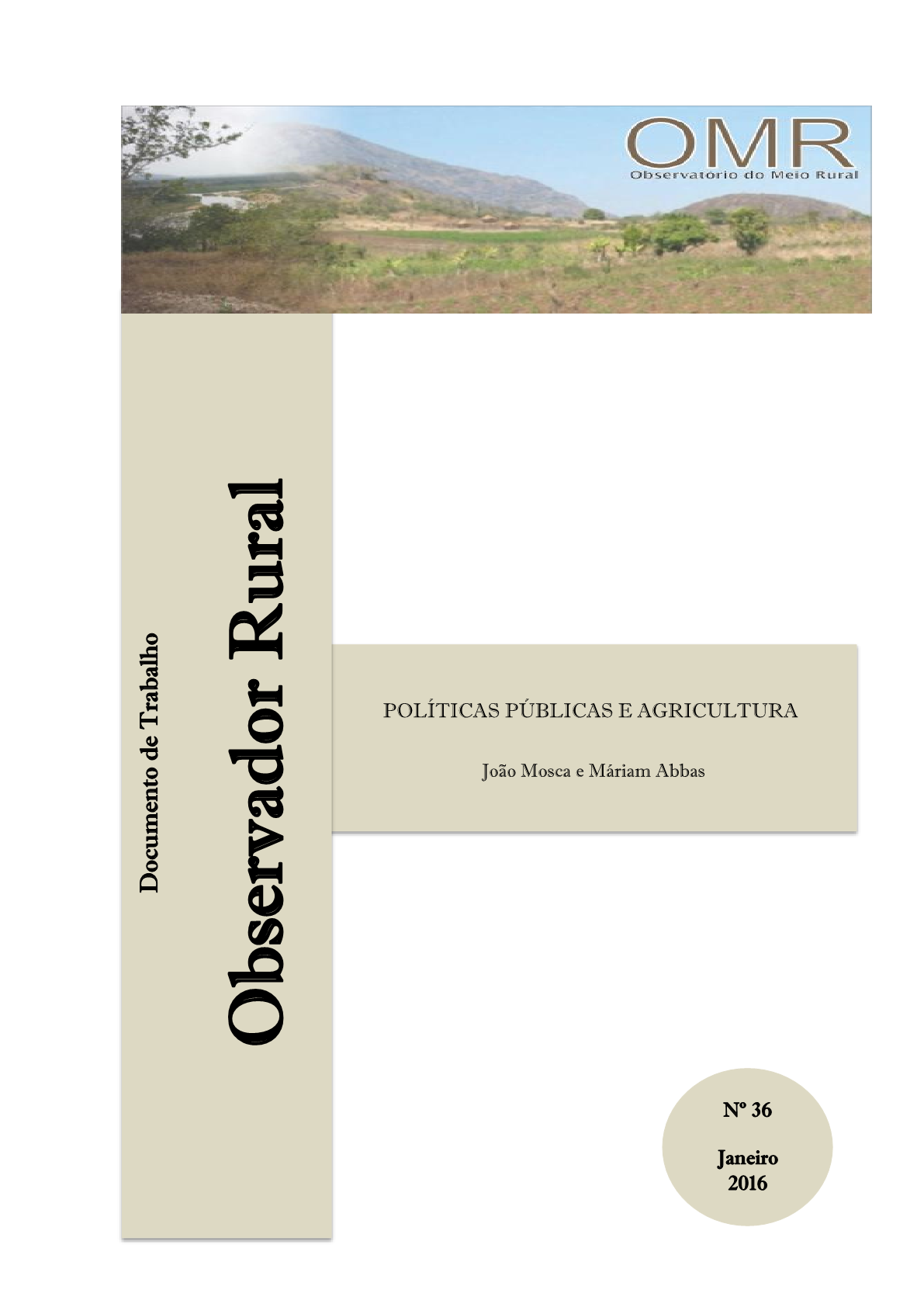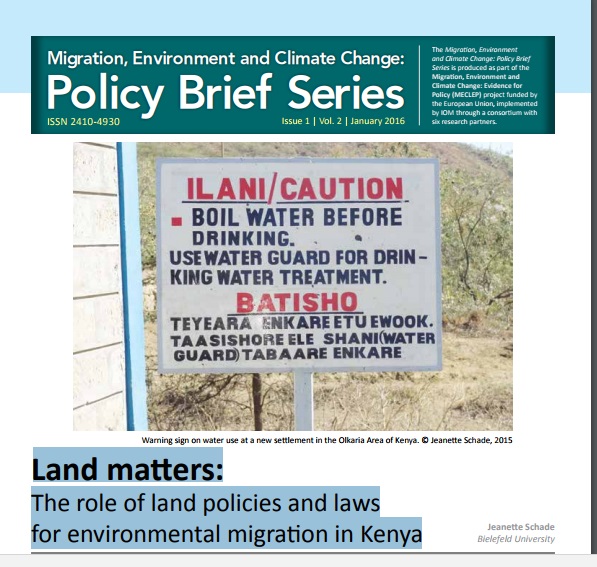Land and Governance under Fifth Scheduled Areas-An Overview of the law
This book made an attempt to bring together various legislative protections available to the tribals communities pertaining to the land and governance in the scheduled areas and the role of different institutions to achieve the goals enshrined in the Constitution. It examined the Fifth Schedule of the Constitution and its various provisions and special arrangements made for areas inhabited by Scheduled Tribes and the law relating to local self governance in these areas, primarily through village panchayat-an institution of local self governance.








